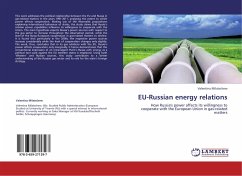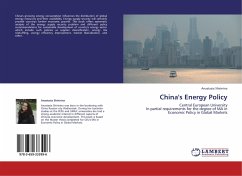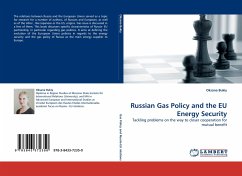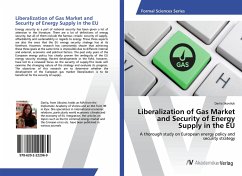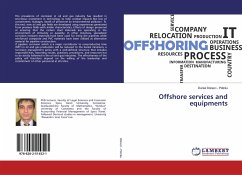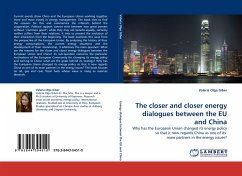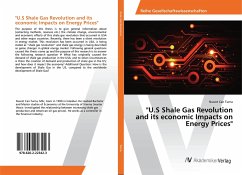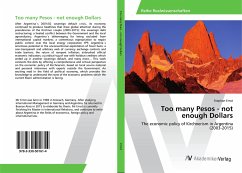This work addresses the political relationship between the EU and Russia in gas-related matters in the years 1991-2011, analysing the extent to which power affects cooperation. Making use of the Neorealist propositions explaining international behaviour of states, the study claims that Russia s relative power capabilities influence its willingness to cooperate with the Union. The main hypothesis expects Russia s power sources with respect to the gas sector to increase throughout the observation period, while the level of the Russo-European cooperation in gas-related matters to decline. It is found that particularly in the 2000s, the respective power sources increase considerably while the level of cooperation changes only slightly. The work, thus, concludes that in its gas relations with the EU, Russia s power affects cooperation only marginally. It hence demonstrates that the conventional impression of an intransigent Putin s Russia with energy as a political tool used against the EU member states is misplaced. Using both Western and Russian sources, this study contributes to a better understanding of the Russian gas sector and its role for the state s foreign strategy.
Bitte wählen Sie Ihr Anliegen aus.
Rechnungen
Retourenschein anfordern
Bestellstatus
Storno

